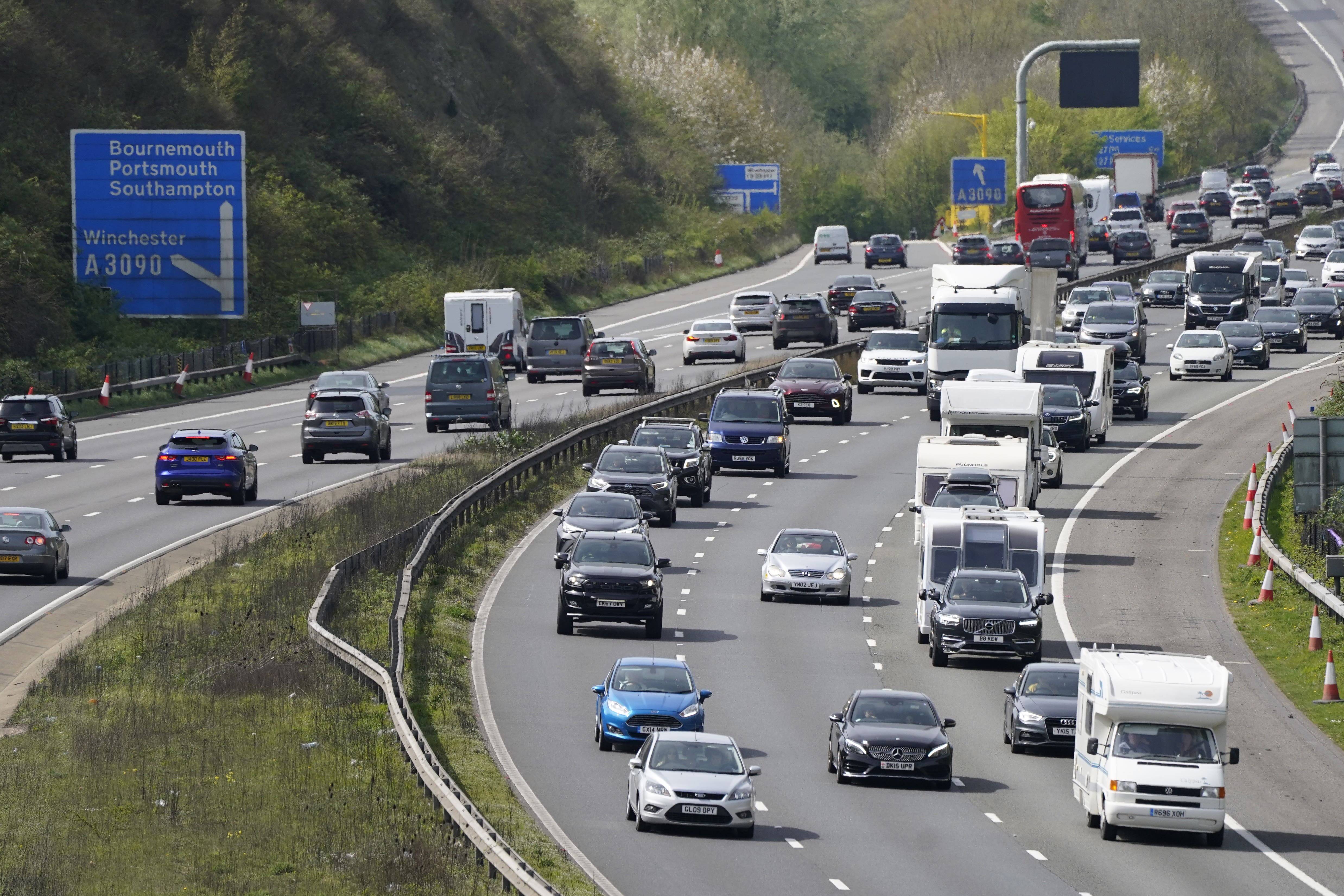British consumers paid nearly 9 per cent more in insurance premium tax last year, raising fears that drivers are being priced out of essential motor policies.
Research by the AA, which highlighted the increase, has urged the Treasury to cut the insurance premium tax (IPT) rate on motor policies by a quarter, with a 50 per cent reduction for newly qualified drivers.
The standard rate of IPT, applied to premiums like motor insurance, has been 12.0 per cent since 2017, a significant jump from its 2.5 per cent introduction in 1994.
More expensive premiums led to standard rate IPT receipts totalling £692 million last year, an 8.6 per cent increase from the previous 12 months.
HM Revenue and Customs confirmed the rise was partly due to "rising car and property insurance premiums".
AA president Edmund King said: “Insurance premium tax on motor insurance is a tax on responsible ownership – protecting yourself and third parties from the financial damage of incidents and injuries.
“Surges in the cost of insurance over recent years have ratcheted up the pain for those most prone to paying high premiums.
“Many of those are people least able to afford it, such as young and newly qualified drivers with higher risk as well as low-income policyholders.
“That not only threatens to price them out of cover but tempts more to drive without insurance.”
.jpeg)
Drivers caught behind the wheel of a vehicle without insurance face a £300 fine and six penalty points.
The most serious cases are taken to court, and offenders can receive an unlimited fine and disqualification from driving.
A spokesperson for the Association of British Insurers (ABI) said: “While we appreciate fiscal headroom is limited given pressures on public spending, we continue to believe that insurance premium tax is an unfair levy on a responsible purchase.
“Those who purchase insurance should not be penalised for trying to protect themselves, their loved ones and their property.
“We continue to call for IPT to be frozen until fiscal and financial conditions allow for the standard rate to be cut.”
ABI figures show the average cost of motor cover last year was £622, representing a 15 per cent (£78) jump from 2023.
This followed a 25 per cent (£109) annual rise from 2022 to 2023.

The ABI said total claims payouts rose by 17 per cent in 2024, and stressed that “work must continue” to tackle the cost of insurance.
It wants the Government to focus on issues such as reducing vehicle theft and insurance fraud, and boosting recruitment in the vehicle repair sector.
It noted the average cost of policies in the first three months of 2025 was 7 per cent lower than a year earlier.
A taskforce led by the Treasury and the Department for Transport focused on the rising cost of car insurance was established in October last year.
The body, which brings together industry and consumer groups, is expected to publish its final report in the autumn.
A Treasury spokesperson said: “The overall cost of insurance is determined only in part by insurance premium tax, which contributes over £8 billion a year towards vital public services.
“Our cross-Government taskforce on motor insurance will deliver on our commitment to support drivers by finding ways to tackle the high cost of motor insurance.”
Flight connection times to be cut ‘by more than half’ via new security rules
Morocco to spend billions on airports ahead of World Cup
Aberdeen approves new tourist tax from 2027 – here’s how much it could cost you
Birmingham Airport latest: Flights still disrupted after emergency runway incident
Seoul to crack down on taxi drivers overcharging foreign tourists
How would a holiday lottery work? Simon Calder spins the travel roulette wheel







